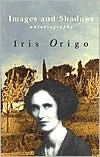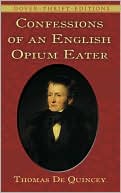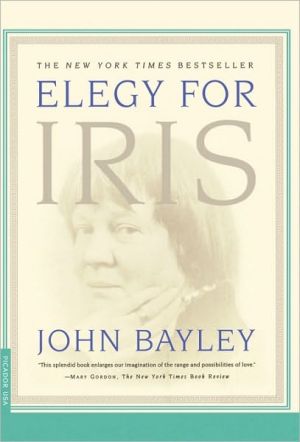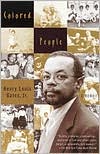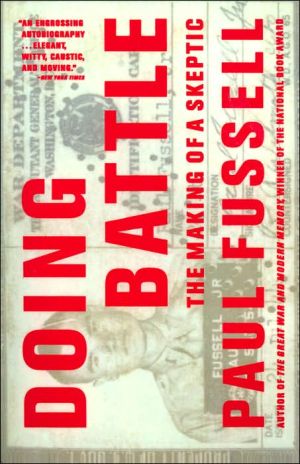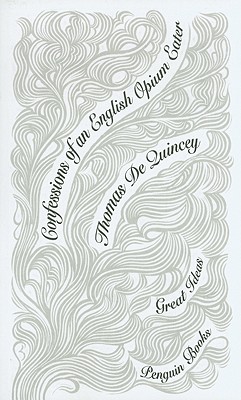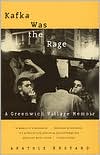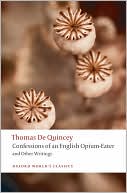Images and Shadows: Part of a Life
Iris Origo was born in 1902 and was instantly catapulted into a life of "unfair advantages of birth, education, money, environment and opportunity." But she used this birth-right wisely, and her legacy includes a string of books beloved and admired equally by historians, biographers, and readers.\ Origo's mother, Lady Sybil Cuffe, married William Bayard Cutting in 1901, and when the family was not traveling to the far corners of the earth, Iris spent her youth in the ancestral estate on Long...
Search in google:
Iris Origo was born in 1902 and was instantly catapulted into a life of "unfair advantages of birth, education, money, environment and opportunity." But she used this birth-right wisely, and her legacy includes a string of books beloved and admired equally by historians, biographers, and readers. Origo's mother, Lady Sybil Cuffe, married William Bayard Cutting in 1901, and when the family was not traveling to the far corners of the earth, Iris spent her youth in the ancestral estate on Long Island and in her grandfather's castle in Ireland. Her father died tragically when she was eight, and she continued her peripatetic life with her indefatigable mother and beloved governess. A woman who always knew her mind, in 1923 Origo bought La Foce, an entire valley, almost feudal in organization, in the Val d'Orcia of Tuscany. There for fifty years she worked tirelessly with her husband, improving the land and the lot of the peasants, saving endangered children from the brutal incursions of the Nazis, and writing history and memoirs that are still considered classics of the genre. Origo was at once a woman of action and introspection, of boundless curiosity and endearing innocence. She wrote beautifully, thoughtfully, and lucidly. As Raymond Mortimer once observed of this book, "A masterly biographer here recounts her own story ... and in this biography she is at her best." Kirkus Reviews Without any intention "to convert, to reveal, or to confess," accomplished biographer Origo (The Merchant of Prato, etc.) records her unique memories, first published in England in 1970, of a privileged, intellectual, cosmopolitan life early in this century. Born into an international family, Origo spent her childhood years between her paternal grandparents' estate in Westbrook, Long Island, her maternal grandparents' home in Great Britain, and her mother's villa in Fiesole. Although her father died early, he made sure his daughter grew up devoid of limiting national identity and open to different cultural influences. Her mother instilled a passion for travel and books. While grateful to her family for the comfort and care they provided, Origo portrays certain aspects of her upbringing with restrained criticism. Her proper British mother, for instance, insisted on Origo's private education by governesses and tutors, opposed her desire to enroll in university, and committed her to a tasteless, nauseatingly "healthy" diet. In hindsight, Origo considers her period of "coming out" into high society a considerable waste of time. Readers, however, will appreciate her colorful accounts of balls and theater visits as a glimpse of elite diversions in bygone days. Origo's descriptions of early 20th-century American magnates and patrons of the arts and her detailed reconstruction of Italian landowners' traditional life are among many other engaging passages. Sketching her own character in an irreproachably modest tone, she commands respect for her ability to apply her superb education, knowledge of the world, and financial means to worthy causes. She helped modernize devastated farmland inTuscany, volunteered in the Red Cross during WWII, and sheltered orphaned children at her home after the war. This active, creative attitude arises out of Origo's profound sense of being "singularly fortunate," despite some personal tragedies—a rare and therefore doubly appealing trait. Along with its exquisite style and thought-provoking digressions on the philosophy of writing, this autobiography documents fascinating experiences of the modern European and American aristocracy. (16 pages b&w photos)
Introduction1Part 11Westbrook132Desart Court403My Father714My Mother92Part 25Childhood at Fiesole1136Reading and Learning1427Growing up and Coming out1558Writing172Part 39La Foce199Epilogue256Index273
\ Kirkus ReviewsWithout any intention "to convert, to reveal, or to confess," accomplished biographer Origo (The Merchant of Prato, etc.) records her unique memories, first published in England in 1970, of a privileged, intellectual, cosmopolitan life early in this century. Born into an international family, Origo spent her childhood years between her paternal grandparents' estate in Westbrook, Long Island, her maternal grandparents' home in Great Britain, and her mother's villa in Fiesole. Although her father died early, he made sure his daughter grew up devoid of limiting national identity and open to different cultural influences. Her mother instilled a passion for travel and books. While grateful to her family for the comfort and care they provided, Origo portrays certain aspects of her upbringing with restrained criticism. Her proper British mother, for instance, insisted on Origo's private education by governesses and tutors, opposed her desire to enroll in university, and committed her to a tasteless, nauseatingly "healthy" diet. In hindsight, Origo considers her period of "coming out" into high society a considerable waste of time. Readers, however, will appreciate her colorful accounts of balls and theater visits as a glimpse of elite diversions in bygone days. Origo's descriptions of early 20th-century American magnates and patrons of the arts and her detailed reconstruction of Italian landowners' traditional life are among many other engaging passages. Sketching her own character in an irreproachably modest tone, she commands respect for her ability to apply her superb education, knowledge of the world, and financial means to worthy causes. She helped modernize devastated farmland inTuscany, volunteered in the Red Cross during WWII, and sheltered orphaned children at her home after the war. This active, creative attitude arises out of Origo's profound sense of being "singularly fortunate," despite some personal tragedies—a rare and therefore doubly appealing trait. Along with its exquisite style and thought-provoking digressions on the philosophy of writing, this autobiography documents fascinating experiences of the modern European and American aristocracy. (16 pages b&w photos)\ \
